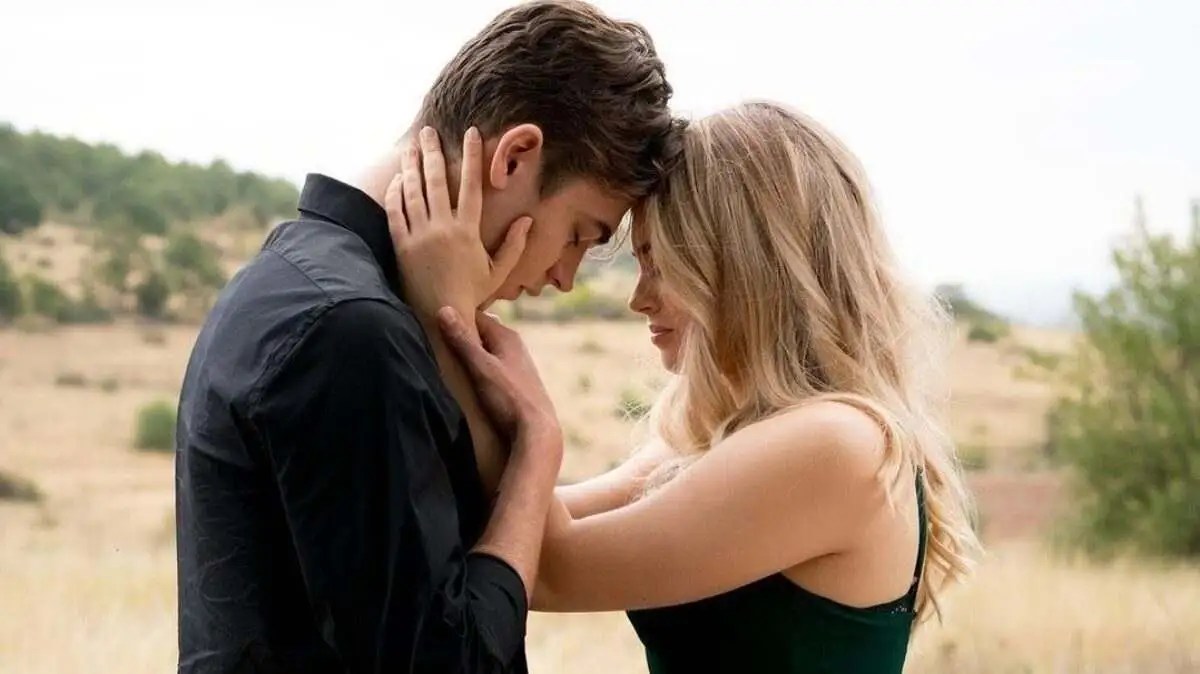
In the final chapter of the After film saga, After Everything, fans are faced with the lingering question that has haunted the series since its explosive beginning: Do Tessa and Hardin end up together? It’s a question that carries the weight of years of love, heartbreak, mistakes, and redemption. And though the answer is ultimately a hopeful one—yes, they do find their way back to each other—it is far from simple. Their reunion is not born out of passion or desperation, as in the earlier films, but rather through a long, painful, and deeply transformative process of healing and growth. After Everything doesn’t just deliver a romantic conclusion; it offers emotional closure for two characters who had to lose each other to truly find themselves.
When the film begins, we see a very different version of Hardin Scott than the one we met in the first After film. He is alone, directionless, and haunted by the loss of Tessa. Their breakup has left him reeling, and although he’s attempting to channel his pain into writing, the words feel hollow. His once-toxic arrogance has been replaced by something deeper: regret. The man who once lashed out to avoid vulnerability is now confronting his inner demons—and the silence that comes when the chaos settles. Hardin is not looking for a quick fix or a way to win Tessa back immediately; instead, he begins a personal journey that forces him to face who he was before her, and what he must become if he ever hopes to deserve her again.

The heart of this film takes place in Portugal, where Hardin travels to find Natalie, a woman from his past whom he hurt deeply. This subplot is not just a detour; it’s essential to Hardin’s redemption arc. By seeking forgiveness from someone he wronged before he even met Tessa, he begins to grasp the full impact of his actions on the people around him. His emotional reckoning with Natalie, portrayed with sincerity and maturity, shows us a man trying—truly trying—for the first time, not to justify his past but to own it. It’s a critical turning point, not just in the story, but in Hardin himself. He begins to understand that love cannot survive without trust, responsibility, and accountability.
One of the most powerful aspects of After Everything is how it reframes the concept of reconciliation. This is not a story of dramatic reunions or teary declarations. Instead, the film builds toward something quieter, more intimate, and ultimately more satisfying: a reunion rooted in growth, not codependency. When Hardin finally finishes his book—titled After—he doesn’t rush to show it to Tessa or beg for her forgiveness. He gives it space. He lets it breathe. He knows that if they are to have a future, it must be on new terms, with new emotional tools.
The turning point comes not with grand gestures but with time. Years pass. Life continues. And then, like a long-awaited breath of fresh air, we find ourselves at Landon’s wedding. It’s here that Tessa and Hardin reunite, not as broken lovers trying to piece together the past, but as two people who have evolved. They meet again as equals—older, wiser, and finally in sync. The wedding scene is brief but powerful. It doesn’t rely on over-the-top sentimentality. There’s no need. The emotional history between them does all the talking. A shared glance, a smile, and the understanding that this time, they are ready.
